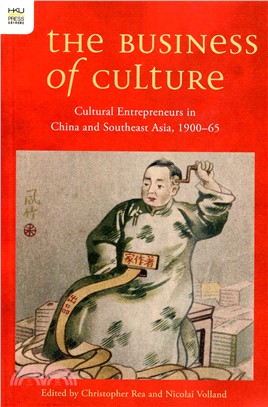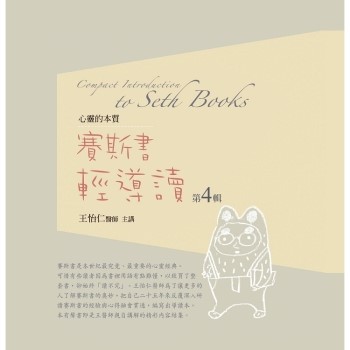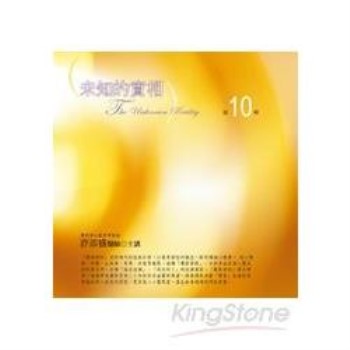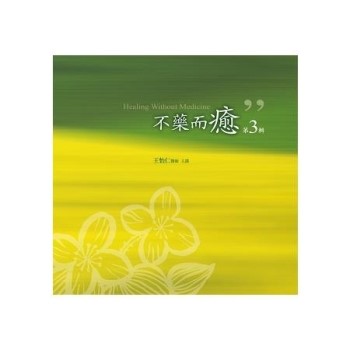| FindBook |
有 1 項符合
The Business of Culture:Cultural Entrepreneurs in China and Southeast Asia, 1900-65的圖書 |
 |
The Business of Culture:Cultural Entrepreneurs in China and Southeast Asia, 1900-65 作者:Christopher Rea and Nicolai Volland 出版社:香港大學出版社 出版日期:2015-02-01 規格: / 344頁 |
| 圖書館借閱 |
| 國家圖書館 | 全國圖書書目資訊網 | 國立公共資訊圖書館 | 電子書服務平台 | MetaCat 跨館整合查詢 |
| 臺北市立圖書館 | 新北市立圖書館 | 基隆市公共圖書館 | 桃園市立圖書館 | 新竹縣公共圖書館 |
| 苗栗縣立圖書館 | 臺中市立圖書館 | 彰化縣公共圖書館 | 南投縣文化局 | 雲林縣公共圖書館 |
| 嘉義縣圖書館 | 臺南市立圖書館 | 高雄市立圖書館 | 屏東縣公共圖書館 | 宜蘭縣公共圖書館 |
| 花蓮縣文化局 | 臺東縣文化處 |
|
|
- 圖書簡介
The Business of Culture examines the rise of Chinese "cultural entrepreneurs," businesspeople who risked financial well-being and reputation by investing in multiple cultural enterprises in the late nineteenth and twentieth centuries. Rich in biographical detail, the interlinked case studies featured in this volume introduce three distinct archetypes: the cultural personality, the tycoon, and the collective enterprise. The studies include Law Bun, a Hong Kong pulp fiction and film magnate, Aw Boon Haw, the "tiger" behind the Tiger Brand pharmaceutical company, and the Shaw Brothers, filmmakers who drew thousands of people out each night to watch movies in Hong Kong, Singapore, Malaya, and beyond. These portraits reveal how rapidly evolving technologies and growing transregional ties created fertile conditions for business success in the cultural sphere. They also highlight strategies used by cultural entrepreneurs around the world today.
Christopher Rea is an associate professor of Asian studies at the University of British Columbia.
- 作者簡介
Nicolai Volland is an assistant professor of Asian studies and comparative literature at the Pennsylvania State University.
- 名人/編輯推薦
"The voices, lives, and enterprises that emerge from this delightful volume are vivid and illuminating—a captivating read." — Thomas Mullaney, author of Coming to Terms with the Nation: Ethnic Classification in Modern China
"The Business of Culture guides readers through the historical transition of the late imperial 'man of letters,' to the 'cultural entrepreneur' enabled by new technologies, followed by the PRC's 'worker in the arts,' and concluding with the reemergence in China of the kinds of cultural entrepreneurship that had developed in other sinophone countries. Edited by two distinguished scholars, this volume will be essential to those studying the history of culture and commerce in China and Southeast Asia." — Richard King, author of Milestones on a Golden Road: Writing for Chinese Socialism, 1945–80
|










